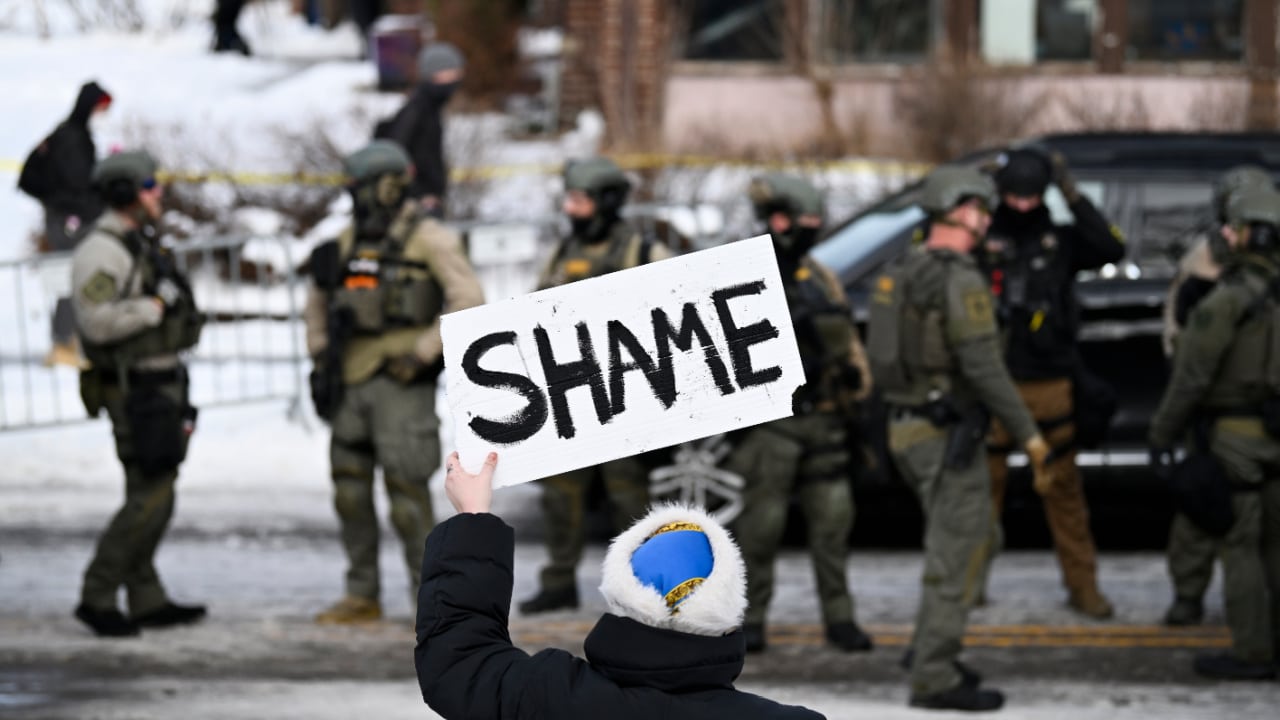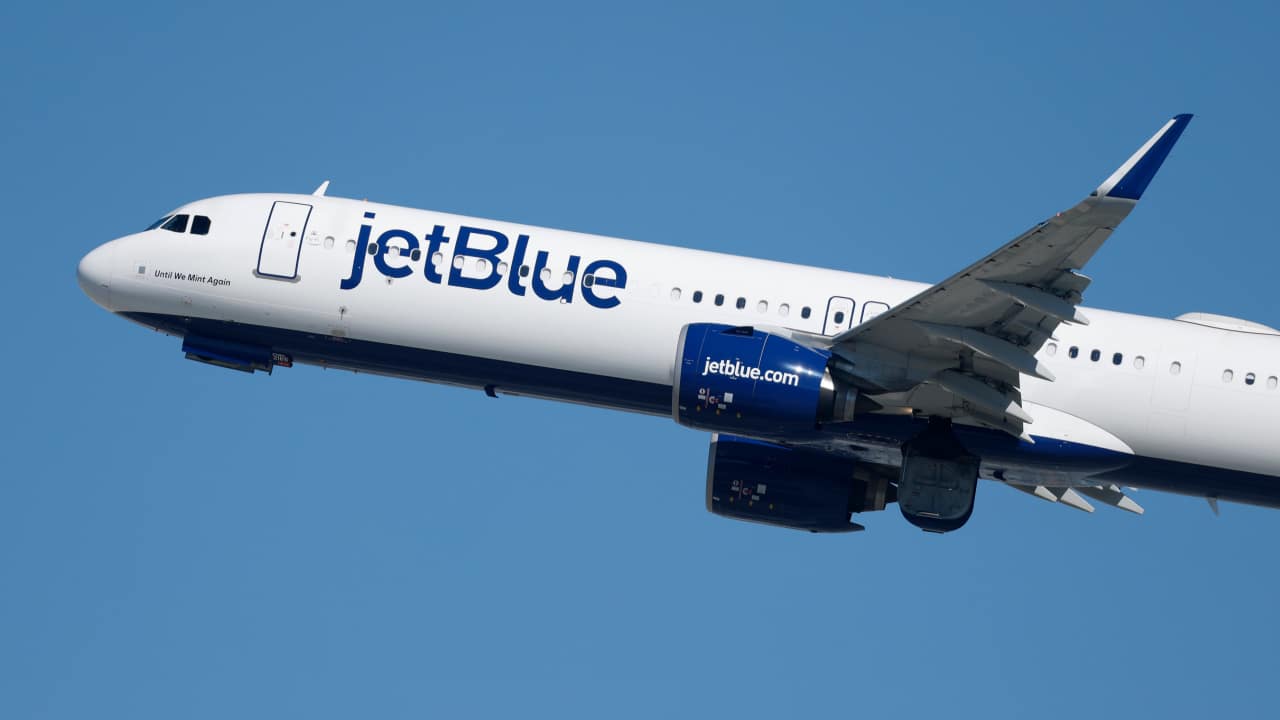One Year Later, The Latino Community Remembers The El Paso Shooting
On August 3, 2019, a man entered a Walmart in El Paso, Texas and killed 23 customers and injured 23 more. The shooter, Patrick Crusius, went to the Walmart with the expressed purpose of killing Mexican and Mexican-Americans. One year later, the community is remembering those lost.
One year ago today, a man killed 23 people in an El Paso Walmart targeting our community.
The Latino community was stunned when Patrick Crusius opened fire and killed 23 people in El Paso, Texas. The gunman wrote a manifesto and included his desire to kill as many Mexicans and Mexican-Americans he could in the El Paso Walmart. The days after were filled with grieving the loss of 23 people and trying to understand how this kind of hate could exist in our society.
Representative Veronica Escobar, who represents El Paso, is honoring the victims today.
Rep. Escobar was on the scene shortly after the shooting to be there for her community. The shooting was a reminder of the dangers of the anti-Latino and xenophobic rhetoric that the Trump administration was pushing for years.
“One year ago, our community and the nation were shocked and heartbroken by the horrific act of domestic terrorism fueled by racism and xenophobia that killed 23 beautiful souls, injured 22, and devasted all of us,” Rep. Escobar said in a statement. “Today will be painful for El Pasoans, especially for the survivors and the loved ones of those who were killed, but as we grieve and heal together apart, we must continue to face hate with love and confront xenophobia by treating the stranger with dignity and hospitality.”
El Pasoans are coming together today to remember the victims of the violence that day.
Latinos are a growing demographic that will soon eclipse the white communities in several states. Some experts in demographic shifts understand that this could be a terrifying sign for the white population. These changing demographics give life to racist and hateful ideologies.
“When you have a few people of color, the community is not seen so much as a threat,” Maria Cristina Morales, an associate professor of sociology at the University of Texas at El Paso, told USA Today about the fear of changing demographics. “But the more that the population grows – the population of Latinos grow for instance – the more fear that there’s going to be a loss of power.”
The international attack is still felt today because of the constant examples of white supremacy still active today.
“It doesn’t occur to you that there’s a war going on, and there’s always been a war going on—the helicopters the barbed wire—but you just kind of didn’t see it,” David Dorado Romo, an El Paso historian who lost a friend in the shooting, told Time Magazine.
The sudden reminder of the hate out there towards the Latino community was felt nationwide that day. The violent attack that was planned out revealed the true cost of that hate that has been pushed by some politicians.
“El Paso families have the right to live free from fear, and I will continue to honor the victims and survivors with action,” Rep. Escobar said in her statement. “Fighting to end the gun violence and hate epidemics that plague our nation.”




